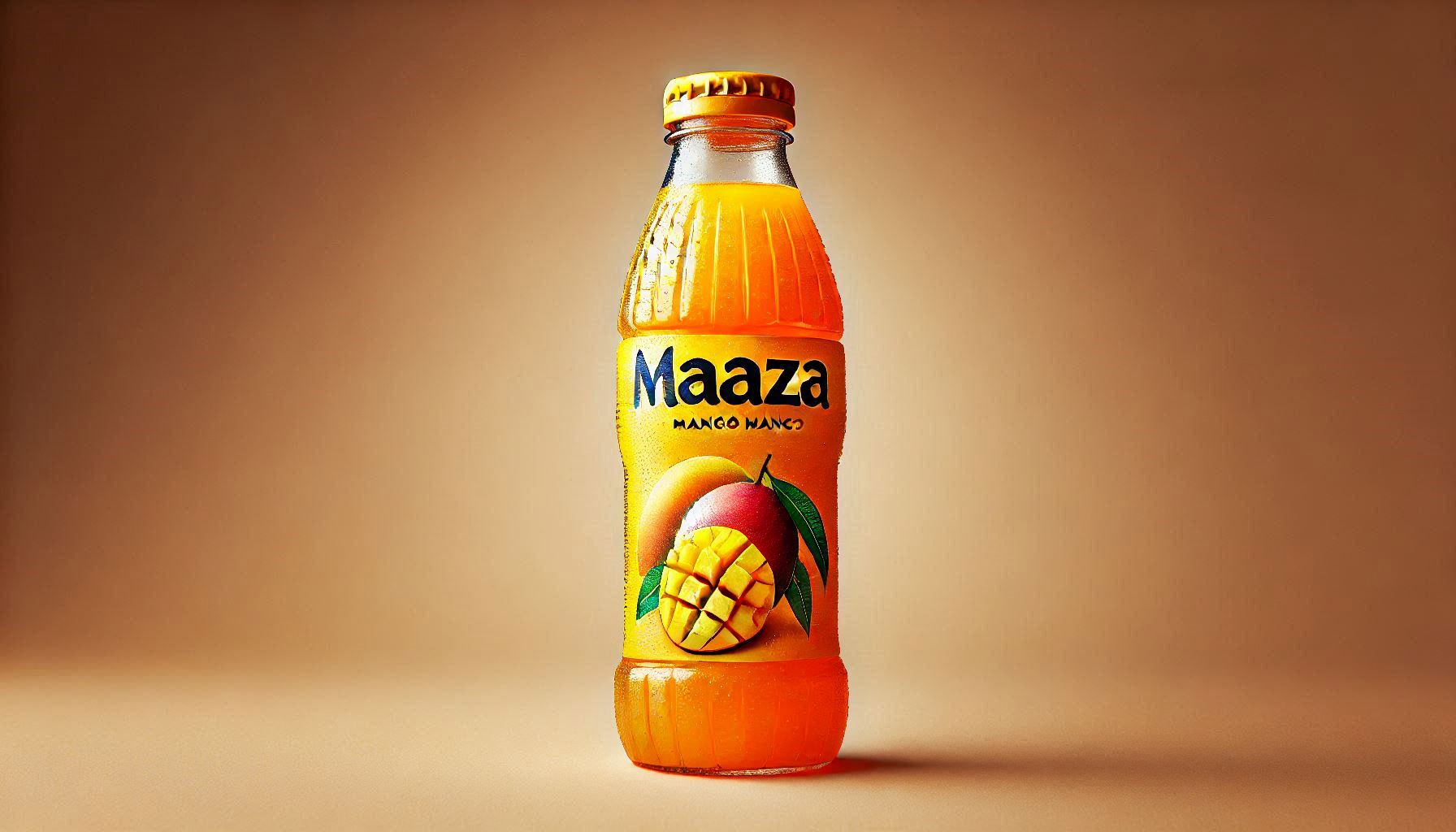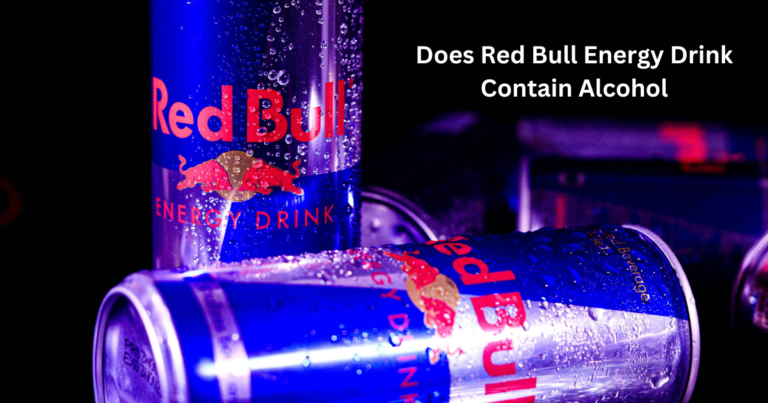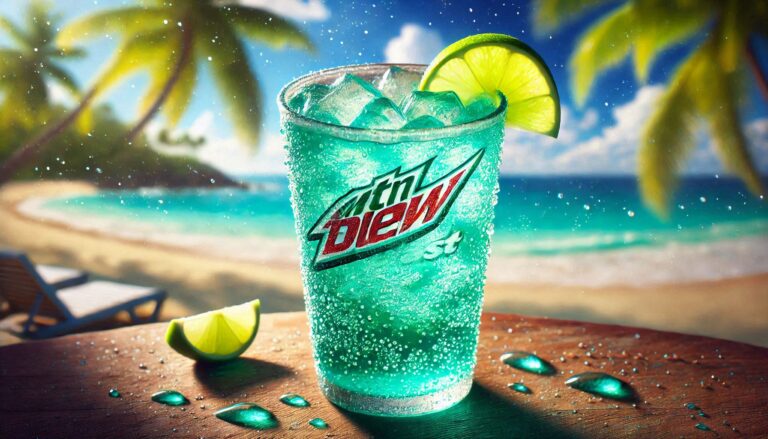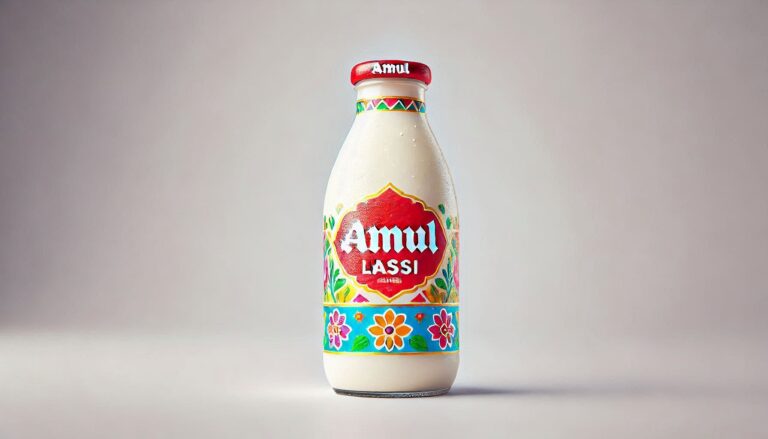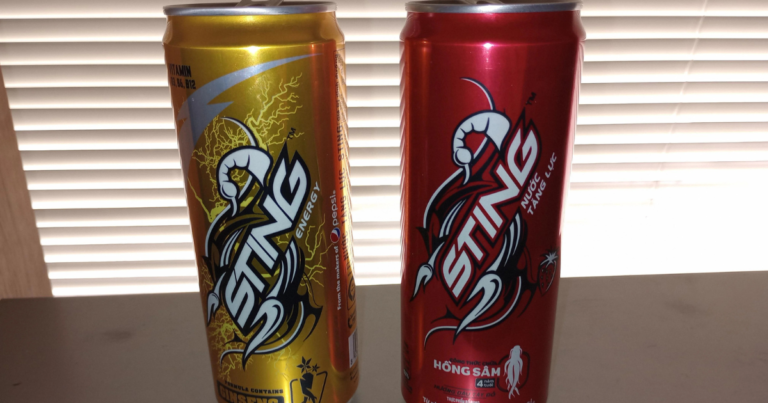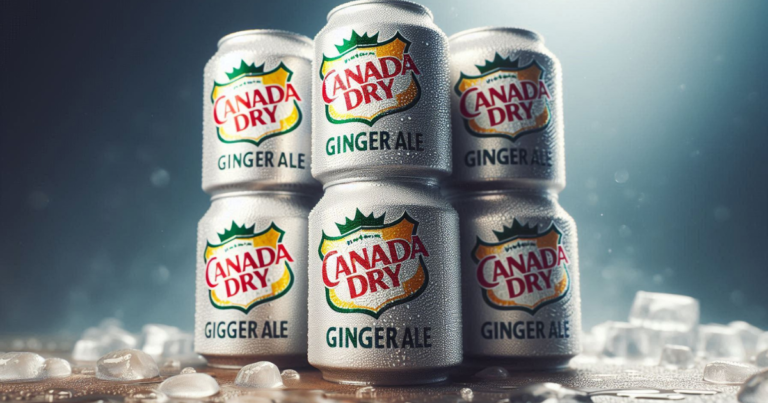Is Maaza Healthy? Unveiling the Truth Behind Your Favorite Mango Drink
Maaza is the drink that instantly transports you to a tropical paradise. But, have you ever wondered, Is Maaza healthy? We all know it’s packed with flavor, but how does it stack up nutritionally? With the rise of health-conscious choices, it’s essential to dive into the truth about Maaza and understand its impact on your body.
In this post, we’ll explore the health benefits of Maaza, uncover its nutritional facts, and determine if it’s truly as healthy as you might think. So before you reach for that bottle of sweetness, let’s dive in to see whether Maaza is really the healthy beverage it claims to be—or if it’s just another sugary indulgence.
“…And if you’re wondering how Maaza stands up to other famous mango drinks, like Slice and Frooti, you can dive into our comparison blog: Maaza vs Slice vs Frooti to learn more about the nutritional differences and taste preferences.”
What is Maaza? A Refreshing Mango Drink or a Sugary Pitfall?

Let’s start with the basics: Maaza is a mango drink that’s been around for decades, adored by millions for its sweet, tropical taste. Produced by Coca-Cola, it’s marketed as a fruit beverage, but here’s the catch: it’s not 100% pure mango juice. Instead, it’s made from mango pulp concentrate, added sugars, artificial flavors, and preservatives. Sounds a bit too good to be true, right?
While the label might suggest it’s a refreshing way to stay hydrated, the sugar content and lack of fiber in Maaza make it more of a treat than a healthy drink. But, don’t worry! We’ll break down the ingredients and show you exactly what’s lurking in that bottle.
Maaza Ingredients Breakdown: What’s Really Inside?
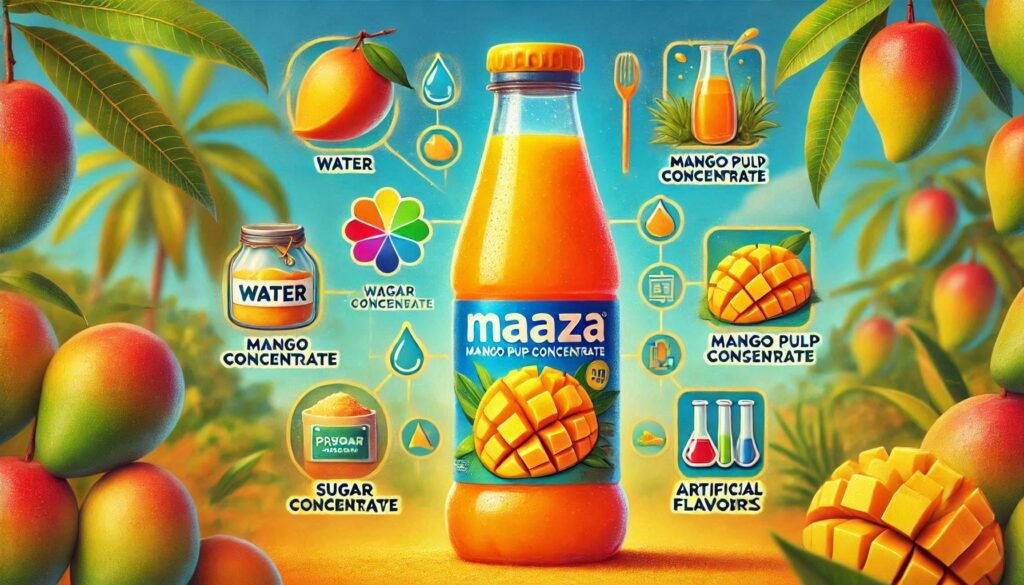
When you crack open a bottle of Maaza, it’s easy to get lost in its sweet aroma, but it’s important to know what’s really inside. Here’s a quick look at the key ingredients in Maaza and what they mean for your health:
- Water: The base ingredient that makes up the majority of the drink.
- Mango Pulp Concentrate: This gives Maaza its tropical flavor. However, it’s not the same as fresh mango juice—it’s more of a concentrated version, which means some nutrients are lost in the process.
- Sugar: One of the biggest contributors to Maaza’s flavor. It contains 25-30 grams of sugar per 250ml bottle. For reference, that’s more than the daily recommended sugar intake for most people.
- Preservatives: Ingredients like sodium benzoate are added to extend the drink’s shelf life. While generally safe in small amounts, consuming them regularly isn’t ideal for long-term health.
- Artificial Flavors and Colors: These enhance Maaza’s vibrant appearance and taste but don’t contribute any nutritional value.
The high sugar content and artificial additives are important to consider if you’re trying to make healthier choices. While Maaza might hit the spot on a hot day, it’s not exactly what you’d call a nutritious beverage.
How Many Calories and Sugars are in Maaza?
The next big question on your mind: How many calories are in Maaza? While we all love indulging in a sugary treat now and then, it’s essential to know how much we’re consuming.
A typical 250ml bottle of Maaza contains approximately:
- Calories: 120-150 per serving.
- Sugar: 25-30 grams of sugar, which is about 6 teaspoons.
- Carbs: Around 30 grams of carbohydrates.
- Fat: 0 grams of fat.
- Protein: 0 grams of protein.
While the calories might not be outrageous for an occasional treat, the sugar content is something to watch out for, especially if you’re keeping an eye on your daily intake. Consuming sugary drinks like Maaza regularly can contribute to weight gain, insulin spikes, and increase your risk for diabetes.
If you’re aiming for a healthier lifestyle, it’s best to enjoy Maaza as an occasional indulgence rather than a daily habit.
Is Maaza Good for Weight Loss?
If you’re on a weight loss journey, you’re probably wondering if Maaza fits into your diet plan. While Maaza may be a refreshing and tasty treat, it’s not the ideal drink for anyone looking to shed a few pounds.
Here’s why:
- High Sugar Content: The 25-30 grams of sugar per bottle will spike your insulin levels, and this can hinder fat-burning efforts.
- Calorie Dense: Although it doesn’t have a ton of calories, the liquid calories from sugary drinks don’t fill you up, which means you might end up consuming more calories throughout the day without feeling satisfied.
- Nutritional Value: Maaza offers very little in terms of nutrition, making it easy to consume excess sugar without any substantial benefits to your health.
For those looking to lose weight, it’s best to limit sugary drinks like Maaza. Instead, opt for water, unsweetened iced teas, or homemade smoothies that are nutrient-packed and don’t come with a sugar overload.
Is Maaza Healthy for Kids?
Maaza is beloved by kids—its sweet, fruity taste is irresistible. But is Maaza healthy for kids? The answer isn’t as simple as “yes” or “no.”
- Sugar Overload: Kids are already getting sugar from many sources, and Maaza’s high sugar content (up to 30 grams per serving) can contribute to issues like tooth decay, hyperactivity, and obesity if consumed frequently.
- Empty Calories: Maaza doesn’t provide essential nutrients like fiber, vitamins, or minerals. While it’s tasty, it’s not a nutritious choice for growing children.
For occasional indulgence, it’s fine, but it should not replace healthier beverages like water, milk, or 100% fruit juice.
How Maaza Affects Diabetics
If you or someone you know has diabetes, the question of whether Maaza is safe to consume is important. Maaza and diabetes don’t mix well for several reasons:
- High Sugar Content: The 25-30 grams of sugar in just a 250ml bottle of Maaza can cause significant blood sugar spikes—something diabetics need to avoid.
- Insulin Spikes: The sugar in Maaza can cause your body to release more insulin, leading to weight gain and making it harder to control blood sugar levels.
For diabetics, it’s recommended to steer clear of sugary drinks like Maaza. Instead, opt for sugar-free beverages, coconut water, or unsweetened herbal teas that won’t wreak havoc on blood sugar levels.
“If you’re also wondering how Maaza compares to other mango drinks when it comes to sugar content, you can check out our comparison post, Maaza vs Frooti, where we analyze both drinks’ sugar levels and other health factors.”
Maaza vs. Natural Mango Juice: Which is Healthier?
Let’s talk about the difference between Maaza and natural mango juice. Here’s a quick comparison:
| Factor | Maaza | Natural Mango Juice |
|---|---|---|
| Ingredients | Mango pulp concentrate, sugar, artificial flavors | Fresh mango, water, no added sugar |
| Sugar | 25-30 grams per 250ml | 0-15 grams per 250ml (depending on if sugar is added) |
| Nutritional Value | Low vitamins, no fiber | Rich in fiber, vitamins A, C, and E |
| Calories | 120-150 per 250ml | 90-120 per 250ml |
Clearly, natural mango juice offers more nutrients and is a better choice if you’re seeking a health-conscious drink. While Maaza provides instant sweetness and flavor, it lacks the nutritional punch that fresh mango juice delivers.
Healthier Ways to Enjoy Maaza
Still craving Maaza but want to keep it healthier? Here are some tips:
- Dilute It: Mix Maaza with sparkling water to cut down on sugar and calories.
- Try Homemade Mango Juice: Blend fresh mangoes for a nutrient-packed, naturally sweet option.
- Watch Portions: Keep Maaza as an occasional treat, and avoid drinking it every day.
Balance is key—Maaza can be enjoyed in moderation, but it shouldn’t become a daily habit.
Conclusion: Is Maaza Really Healthy?
While Maaza is undeniably delicious and refreshing, it’s not the healthiest drink out there. With its high sugar content, lack of essential nutrients, and artificial additives, it’s more of a treat than a staple in a health-conscious lifestyle. However, enjoyed occasionally and in moderation, Maaza can still be part of your indulgences—just remember to balance it with healthier choices for a well-rounded, nutritious diet.
